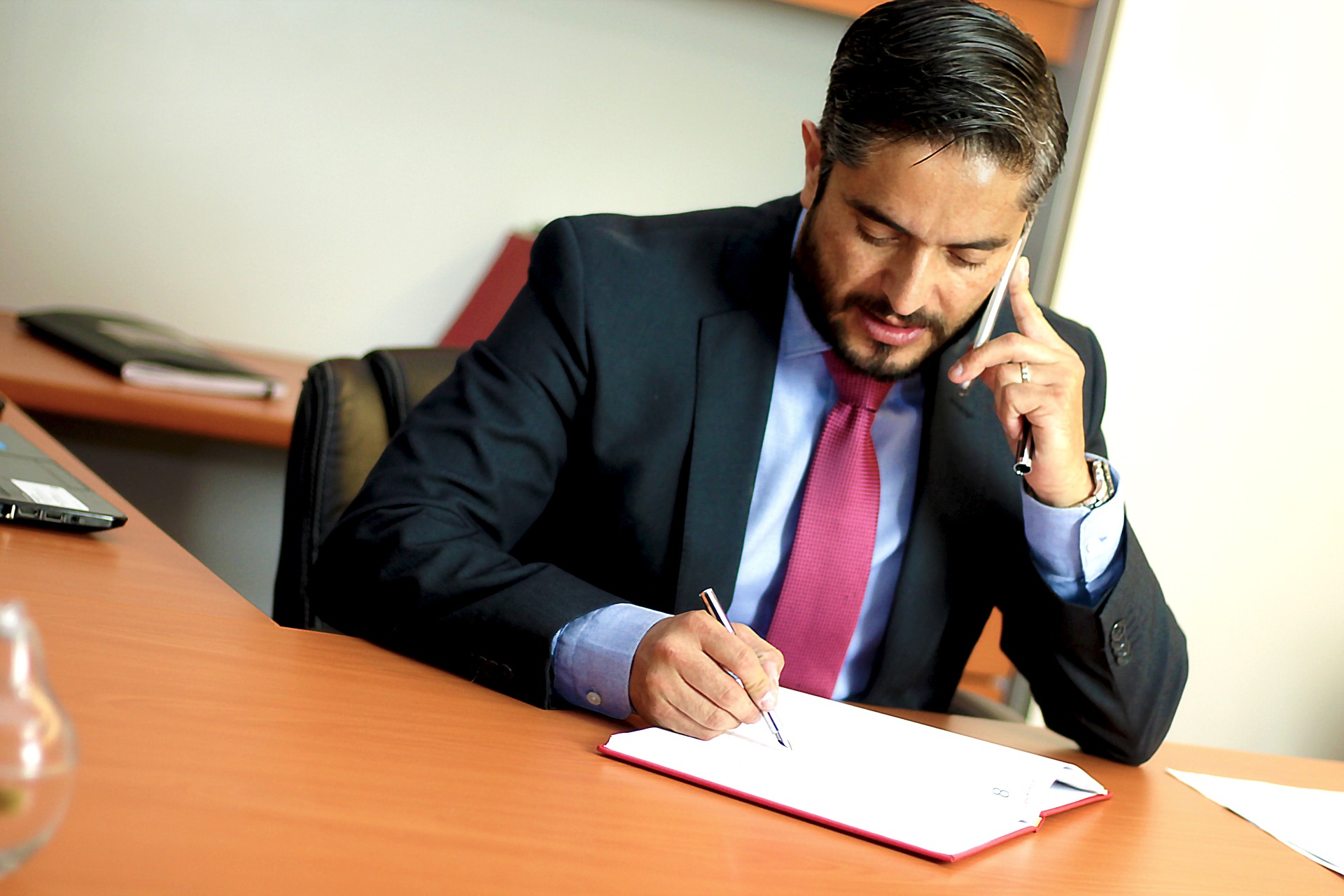Be a person of your word. Your word is your bond. If you tell a client you will do something for them, accomplish some task, then do it. Don’t make excuses.
There are many factors to consider when choosing a litigation firm. The most crucial factor is the value that the firm can provide to its clients. The best way to determine the value of a firm is to ask around and get recommendations from other lawyers and clients. The second factor to consider is the experience of the firm. A firm that has been in business for a long time is likely to have more experience than a newer firm. The third factor to consider is the size of the firm. A large firm may have more resources than a smaller firm, but a smaller firm may be more personal and attentive to its clients. The fourth factor to consider is the location of the firm.
I have been in private practice of law for 30 years. I have been a sole practitioner focusing on personal injury litigation for the overwhelming majority of that time. I handle car and truck wreck cases, premises liability, and other serious injury matters. We litigate many of our cases.
Here is my top 8 list (in no real order) of steps that other lawyers can take to prove their value to their clients and, in doing so, increase their profits.

- Be empathetic. Clients need to believe that you care about them and their reasons for being in your office. Always remember that this client could be you, your wife, your daughter or mother or father. How would you want to be treated if it were you sitting in the opposite chair.
- Listen more. Listening is often the only thing needed to help someone. Not every wrong has or needs a remedy. Listening is hard for most lawyers. We are trained speak more than we listen. There will be time for that but first, listen.
- Be more selective in the cases you decide to take. It can be hard not to take a case. When you limit the number of cases you have, you can give more and better attention to the clients you have, and you can be more accessible to those clients.
- Communication. Take phone calls and emails. When you can not take a call, return the call as soon as you can. Same with emails. The more you are accessible and communicate with you client, the more they will value what you do for them
- Be a person of your word. Your word is your bond. If you tell a client you will do something for them, accomplish some task, then do it. Don’t make excuses.
- In all things, honesty. Don’t ever compromise the truth, even if it means owning up to your own mistakes. Admitting an error or a failure to a client will more likely gain respect than a rebuke. Most things can be fixed.
- Advocate, Advocate, Advocate. If you take on a client’s case, then see it through. Don’t lose your willingness to do what is necessary to win or to position the case for a resolution that works for your client. If you are not committed to the case and the client, you are better off withdrawing.
- Don’t be an asshole. This may be the most important thing to remember. The world has enough arrogant, overbearing people. Try not to be another one. Your clients will appreciate you more, and opposing counsel will be more willing to work with you, and this will ultimately pay off for you and your client.
Conclusion
In conclusion, litigation firms need to do more to prove their value to clients. This means being more efficient in their work, being more responsive to client needs, and being more proactive in providing solutions to problems. It also means being more transparent in their pricing and billing and making sure that clients understand the true value of their services. By doing these things, litigation firms will be able to better compete against alternative providers of legal services, and will be able to better meet the needs of their clients.


Join the conversation!